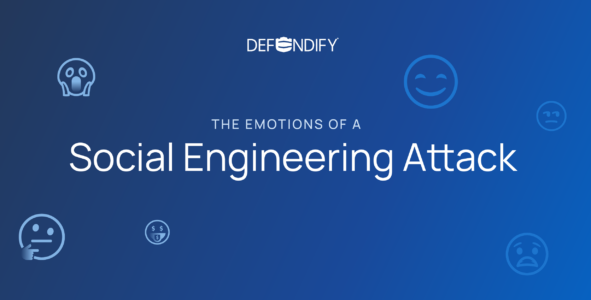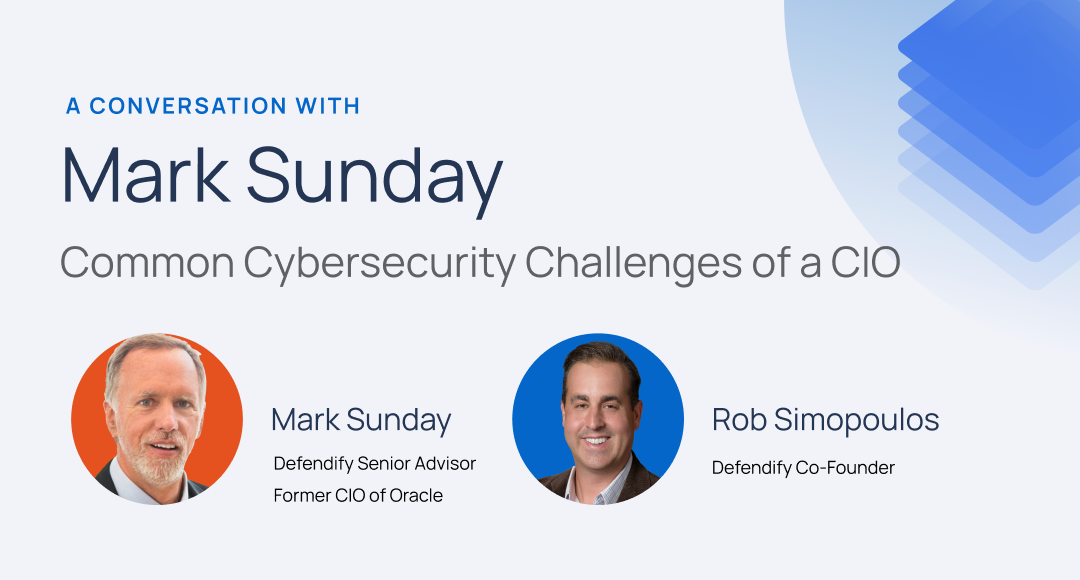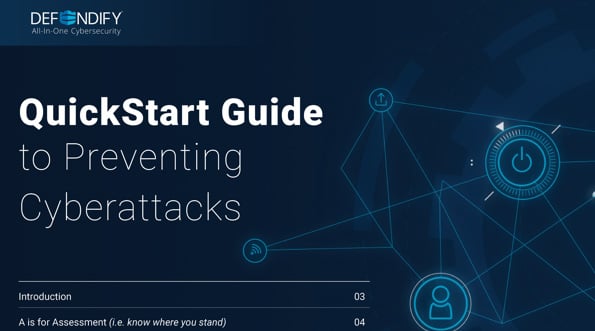Are you ready for the big game? The Super Bowl is a global phenomenon: over a hundred million people tuned in to cheer on their favorite team (or at least watch the ads) last year.
While the old adage “the best defense is a good offense” understandably rings true for football, in many ways the same can be said for cybersecurity.
That’s not to say you should position your organization to be on the attack, rather it’s critical to be proactive with your cybersecurity program.
Practice Makes Perfect
If a hacker wanted to break into your business’ network, systems, and sensitive data, could they?
There’s only one way to find out: Ask them to try!
Ethical hacking, also known as penetration testing, is a well-accepted method to test your company’s resilience to hacking. Certified “ethical hackers,” also known as “white hat hackers” make a perfectly legal career by testing the cybersecurity systems and controls businesses have in place.
This comprehensive and proactive test is a critical component of building your defenses. If an ethical hacker can find a vulnerability, so can malicious or “black hat” hackers (i.e. the bad guys).
Ethical hackers are very thorough in their hunt for vulnerabilities, and use a variety of tools to simulate a malicious attack:
- State-of-the-art software
- Manual hacking
- Active and passive testing
- Social engineering
Perhaps most importantly, they compile a report detailing vulnerabilities a real attacker could exploit to access your sensitive data. Once you know where your systems are weak, you can build reinforcements.
You Don’t Want to Fumble Security
Just like a CFO can’t properly audit their company’s own financials, IT shouldn’t be responsible for testing their own network. A removed third-party (one who specializes in hacker tactics) is the best way to truly audit your system. Some industries even require periodic penetration tests for compliancy.
While not all companies uncover gaping security holes, many find at least something that should be shored up. Even if you have known weaknesses, a penetration test will help to verify the extent, potential impact, and priority.
Keep in mind that ethical hacking isn’t something to do just once –consider it at least once annually or whenever you have made a significant change to your network or systems, to be sure nothing has slipped through your fingers.
Have a Comprehensive Game Plan
In addition to testing your own network, consider testing your third-party software or cloud systems, especially if you use them to store or transfer sensitive data. A penetration test does require authorization, but companies with game-winning security (the kind you prefer to work with in the first place) usually won’t mind if you test their boundaries.
You may not have a full 53-man roster for your cybersecurity program, but putting ethical hackers on the offensive to test your strengths and weaknesses can help keep the malicious hackers from making a big score with your data.
Stay Safe,
Your Friends @ Defendify
Resources & insights
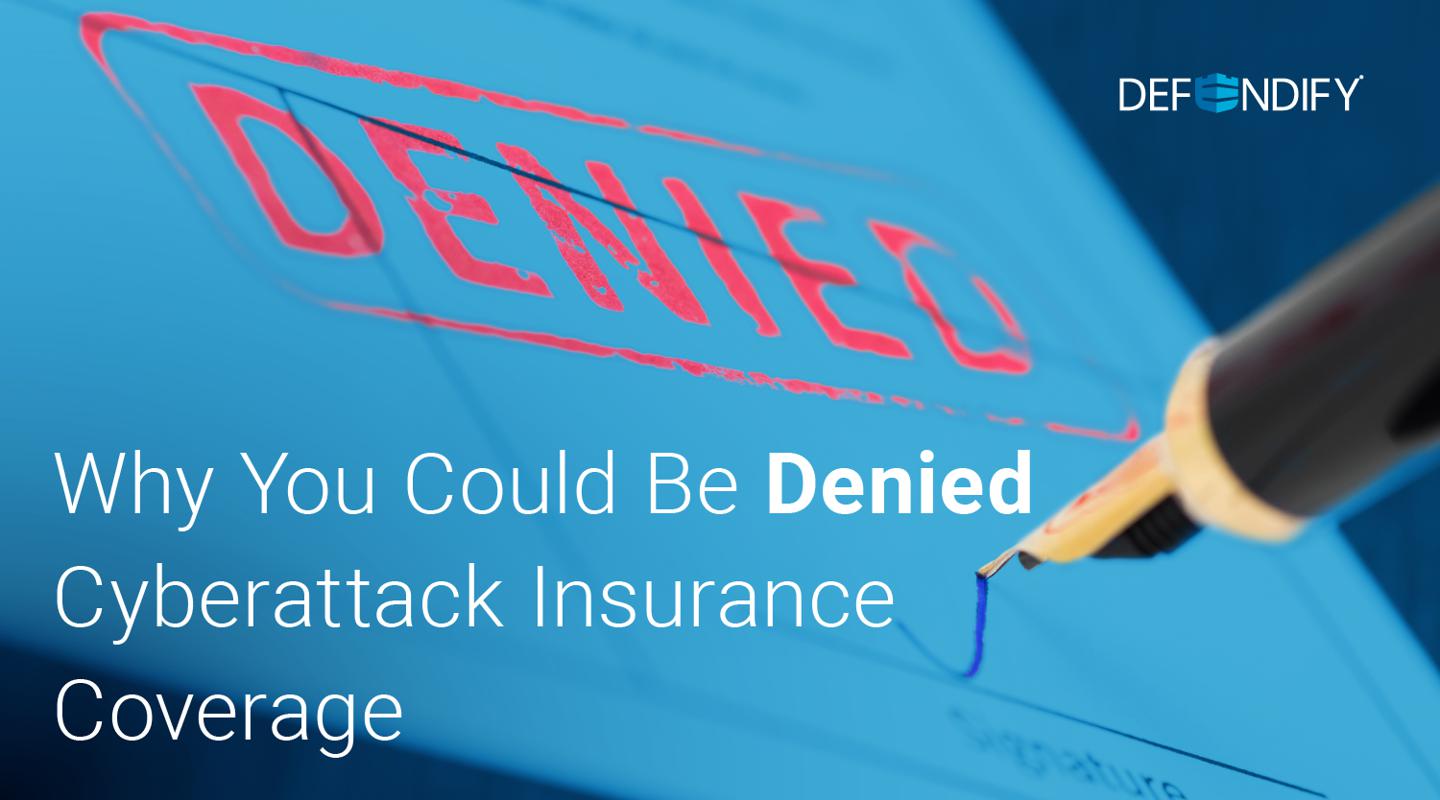
Why You Could Be Denied Cyberattack Insurance Coverage
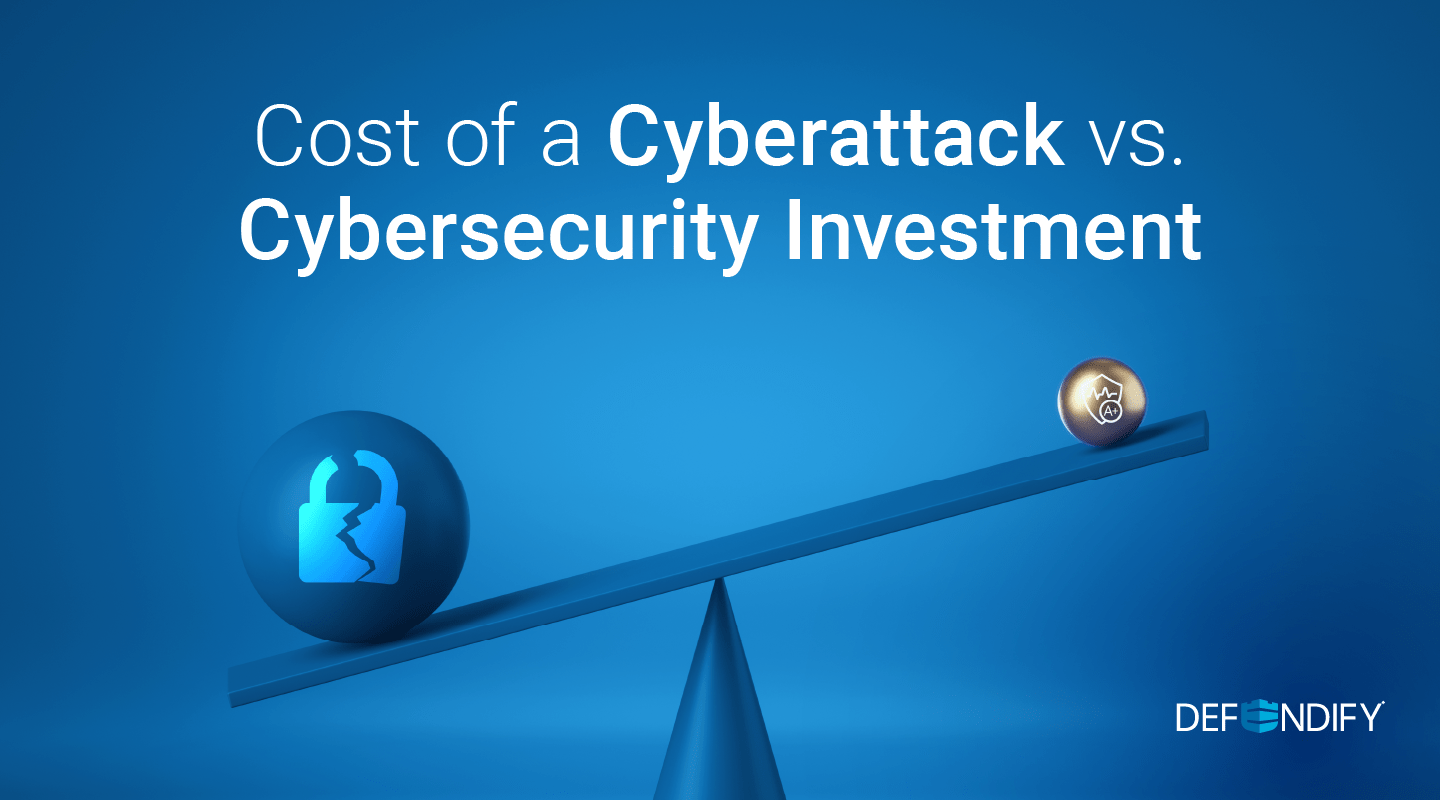
Cost of a Cyberattack vs. Cybersecurity Investment
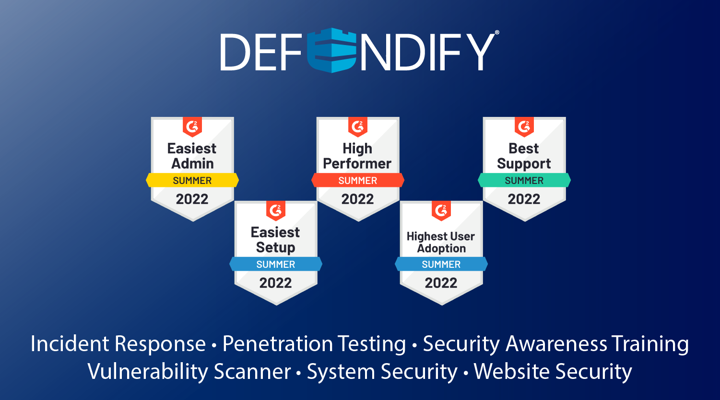
Defendify Listed as a High Performer in Six G2 Grid Categories

Why You Could Be Denied Cyberattack Insurance Coverage

Cost of a Cyberattack vs. Cybersecurity Investment

Defendify Listed as a High Performer in Six G2 Grid Categories
Protect and defend with multiple layers of cybersecurity
Defend your business with All-In-One Cybersecurity®.
Explore layered
security
Learn more about Defendify’s three key layers and All-In-One Cybersecurity®.
How can we help?
Schedule time to talk to a cybersecurity expert to discuss your needs.
See how it works
See how Defendify’s platform, modules, and expertise work to improve security posture.
